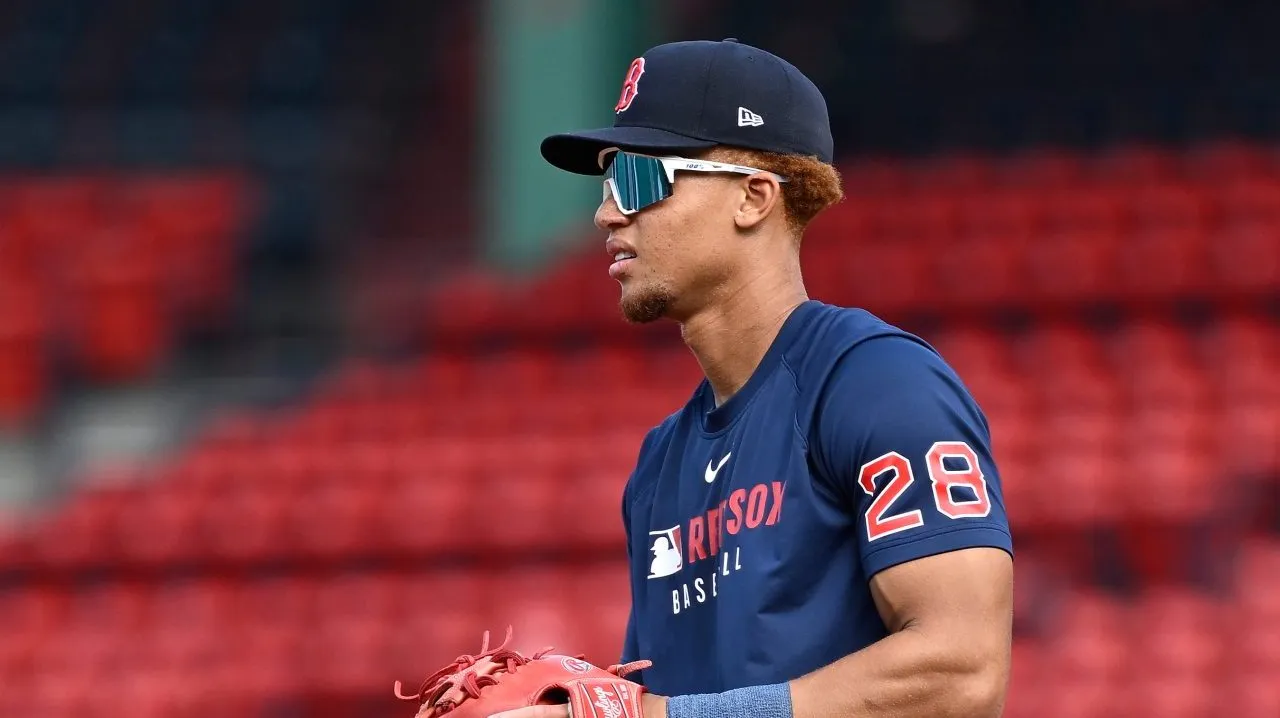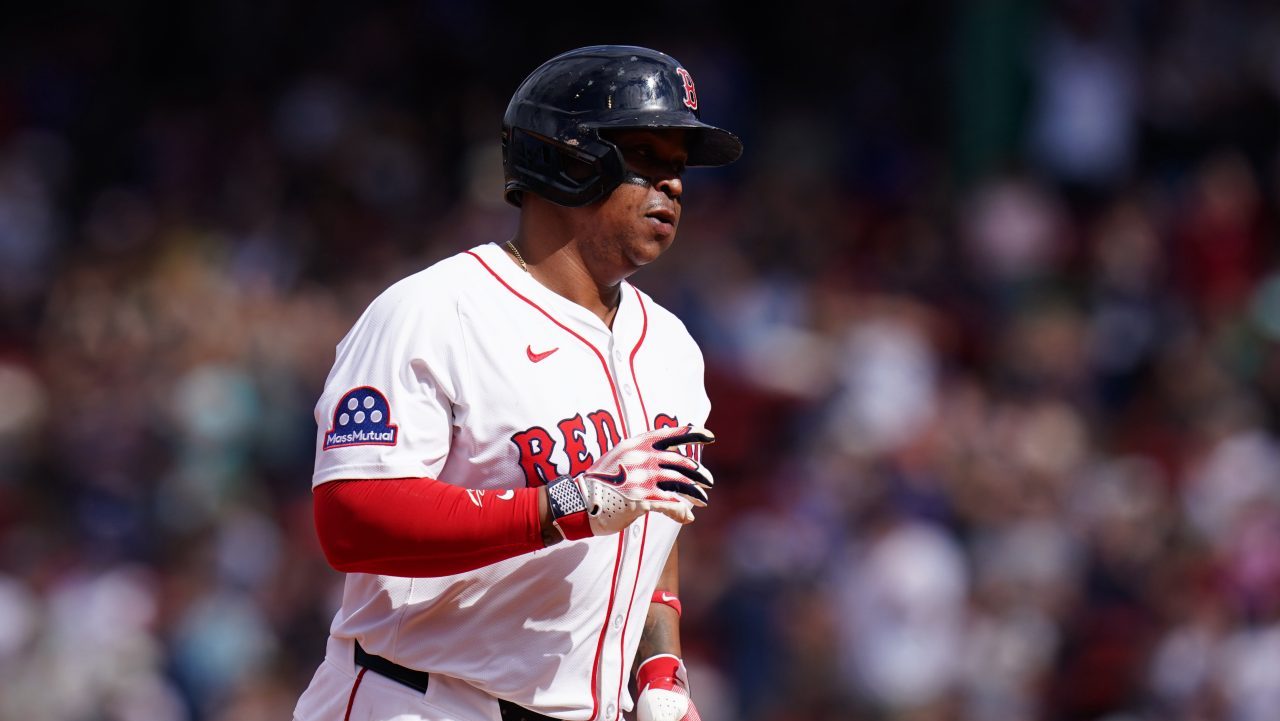If the words "J.D. Martinez opt-out" send shivers after a season of constant speculation that finally ended with the slugging DH staying put, we've got some bad news: prepare for a reprise.
While Martinez elected to remain in Boston this winter for reasons beyond his control, conditions will be ripe for his departure in the fall. Martinez actually negotiated opt-outs after each of the next two seasons, but there are a number of reasons why 2020 represents the sweet spot.
Before we get to them, though, it's worth backing up.
Had the market broken differently this winter, Martinez would've opted out in October. He and agent Scott Boras, however, made a realistic calculation that no contenders with money needed a DH. Martinez wanted to avoid a repeat of 2018, when the Red Sox were the only team to bid on him, never budging off the five-year, $110 million contract he ended up signing.
LIVE stream the Celtics all season and get the latest news and analysis on all of your teams from NBC Sports Boston by downloading the My Teams App.
This time around, though, Martinez couldn't even count on the Red Sox to be there waiting if no other deals materialized, because the team's stated desire to cut payroll meant it would almost certainly wave goodbye.
Martinez had to know that he'd in effect be cutting himself, and that furthermore, saving his $22 million against the luxury tax was, in fact, the team's desired outcome, no matter how essential his bat is to the middle of the order.
So he exercised pragmatism and returned for a third season, hoping to maintain the numbers that have made him a two-time All-Star in Boston, where he has averaged .317 with 40 homers, 118 RBIs, and a .985 OPS.
That's elite middle-of-the-order production that isn't as widely valued as it should be, since Martinez is 32 and largely limited to DH. So what might change this winter?
Boston Red Sox
Find the latest Boston Red Sox news, highlights, analysis and more with NBC Sports Boston.
For one, Martinez's salary drops from $23.75 million to $19.35 million in each of the next two seasons. While that doesn't impact his AAV, it does decrease his real-world dollars and make it easier for a new deal to surpass what's left on his old one — in this case, as little as two years and $40 million would equal a raise.
Then there's the landscape. A contender like the Twins could be in the market for a DH next winter if Nelson Cruz is not re-signed at age 40. The same is true of the White Sox, who just signed Edwin Encarnacion to a one-year deal, but could make a significant splash if their young talent develops as promised and they become full-bore contenders in 2021.
We also shouldn't discount the Red Sox, not after they slashed payroll in order to reset their luxury tax penalties, which means they'll have money to spend next winter. Because Martinez will be 33 and can no longer play the field full-time, his price in baseball's current system shouldn't be exorbitant.
The real X-factor, however, is the future of the DH.
It seems inevitable that the National League will adopt the rule in time for the next CBA, which begins in 2022. Former GM Jim Bowden recently reported that multiple NL GMs believe the change could happen as soon as next season, which would suddenly make Martinez one of the most desirable names on the market.
Very few NL rosters currently boast one-dimensional sluggers, for obvious reasons. Give Martinez 15 new job openings, and he'll have no trouble finding suitors. He could even land another nine-figure deal, his veteran bat and presence remaking the lineup of, say, the Braves or Phillies.
It's also worth noting that if the Red Sox fall from contention, Martinez could fetch a considerable return at the trade deadline as an impact stretch-run bat. He has a limited no-trade clause of three teams which are unidentified, though AL clubs make the most sense if Martinez's goal is to limit Boston's ability to move him.
Even a midseason trade would improve his market, though, because it would remove draft pick compensation from the equation should he choose to enter free agency.
For that to happen, he'll have to opt out, which means we haven't heard the last of those two words as they relate to the Red Sox slugger.
Not by a longshot.




